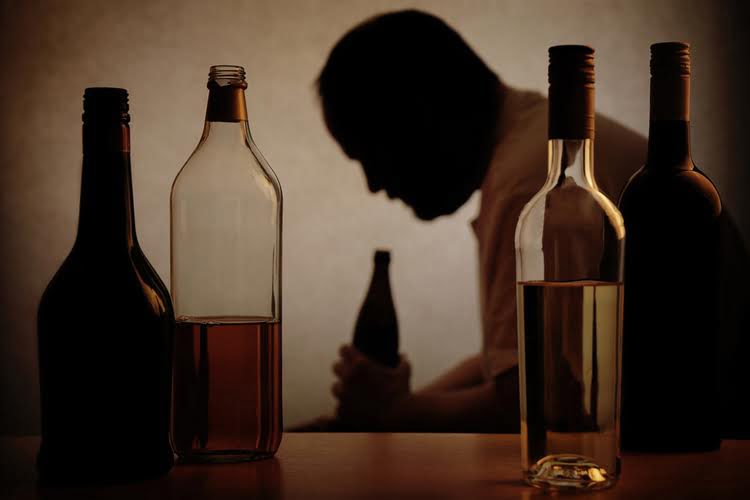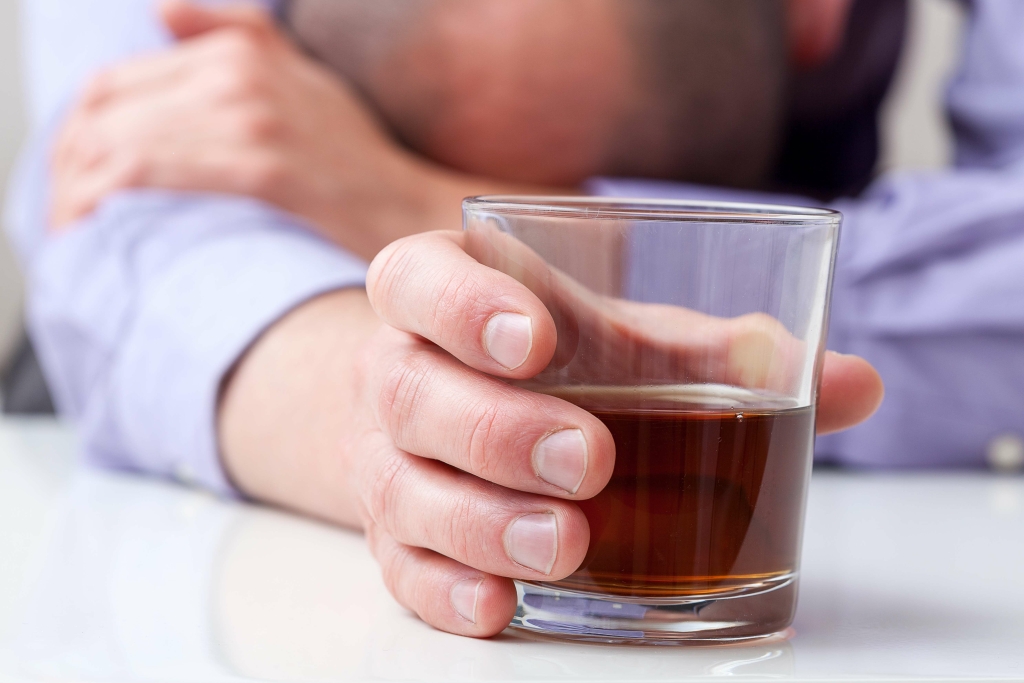You need to be able to identify the signs of alcohol addiction so that you can ask for help and start recovery. If you are concerned that you have become too dependent on alcohol, consult your doctor. Rough sleeping in extremely low temperatures over winter, combined with prevalent alcohol addiction problems, make the homeless population particularly vulnerable to hypothermia.

Condition Spotlight

With that said, you can step outside and get some fresh air when you start to feel the heat from drinking. So while you might feel hot and sweaty the next time you have a few beers, you body temperature is actually much lower than normal. Some might confuse this condition with an alcohol allergy, but that is actually extremely rare. If you feel these types of symptoms when drinking alcohol, but to an extreme level, it’s important to speak to your doctor before drinking alcohol again. Alcohol flushing happens when an individual has an ineffective liver enzyme. Normally this enzyme helps metabolise alcohol until it’s completely eliminated Sobriety from the body.
Asian Flush: The Surprising Connection to Anxiety and Depression
If you struggle withalcohol abuseoralcohol use disorderand experiencealcohol withdrawal syndrome, or AWS, you may have many uncomfortable symptoms. Hot flashes and sweating are only two of many signs of AWS that you may experience. If you have a hangover the day after drinking alcohol, you may also experience hot flashes.
Why do some people experience alcohol flush more than others?

In reality, drinking alcohol can cause a decrease in your internal body temperature. If someone drinks to the point of alcohol poisoning, their body temperature could drop significantly, potentially leading to hypothermia. Limiting alcohol consumption and drinking in https://sneh-constopremix.com/cognitive-dissonance-theory-definition-and-2/ moderation are also recommended for overall health.
When should I be concerned about feeling excessively hot after drinking alcohol?
Alcohol flush reaction, which results in redness of the ears, is not dangerous in and of itself, but it could indicate issues with the metabolism of alcohol and its derivatives. The accumulation of acetaldehyde, a toxic consequence of the body’s digestion of alcohol, produces why do i feel hot when i drink alcohol redness. People of East Asian heritage are more likely to have the genetic variation that causes the alcohol flush reaction. Though to a lesser extent, ALDH2 variants are also seen in other groups. Different degrees of susceptibility to alcohol and acetaldehyde buildup may emerge from this variation. Acetaldehyde buildup causes a discharge of histamines, a class of substances that regulate the immune system’s reaction to the body.
- The definition of moderate drinking may vary, but it’s often defined as up to one drink per day.
- In general, hot flashes and sweating are signs that our hangover has triggered our sympathetic nervous system, otherwise known as our fight-or-flight response.
- Another cause of shivering when drinking alcohol is sudden changes in temperature.
- Night sweats may also result from alcohol withdrawal or alcohol intolerance.
Additionally, it is important to ensure that the body is adequately warmed prior to consuming alcohol, as this will help to prevent hypothermia. Alcohol, though it might give a momentary feeling of warmth, can actually lead to shivers and discomfort. As your body processes alcohol, blood vessels widen, leading to heat loss and that chilly sensation.
The Science Behind Feeling Cold After Drinking Alcohol
Blood arteries widen due to histamines, increasing blood flow to the skin’s epidermis. This dilatation makes skin reddened, especially on the face, neck, and ears. An enzyme deficiency and rosacea are two possible causes for an alcohol flush reaction. Both are tied to your genetic background and family history, says Dr. Piliang. Dermatologist Melissa Piliang, MD, explains the science behind alcohol flush reactions and how to prevent them from happening. Alcohol causes blood vessels to dilate, leading to heat loss and a sensation of coldness.
Alcohol can give the sensation of feeling hot, but it does not actually raise your core body temperature. The dilation of blood vessels in the skin may make you feel warmer, but it does not affect your body’s internal temperature regulation. This is due to alcohol’s vasodilatory effect, which causes blood to move away from the core and towards the extremities, leading to a decrease in the body’s core temperature.
Studies showdifferent results about how alcohol use affects menopause symptoms. Besides being linked to alcohol use, hot flashes and sweating are common symptoms in women who are experiencing menopause. To treat alcohol flush reactions, you can first try managing symptoms with antacids or consider speaking with a healthcare professional for guidance.





